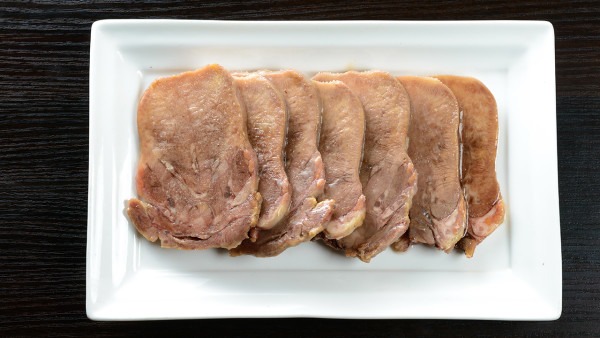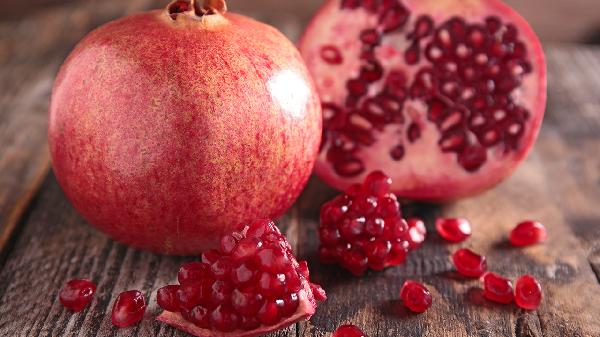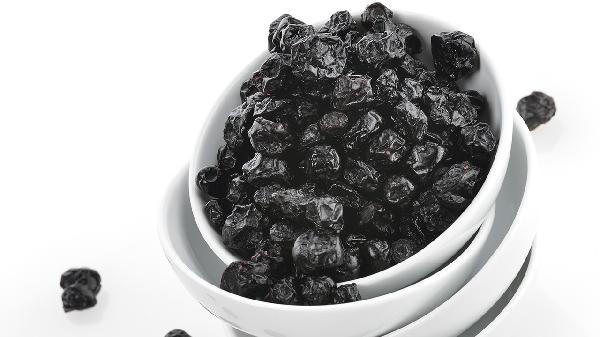Ceylon cinnamon is making waves in the culinary and wellness worlds, and for good reason. This "true cinnamon" from Sri Lanka isn't just another spice—it's packed with potential health perks that might make you rethink your spice rack. Unlike its more common cousin Cassia cinnamon, Ceylon boasts a subtler, more complex flavor profile and significantly lower levels of coumarin, a compound that can be harmful in large doses. But what really sets it apart are the emerging science-backed benefits ranging from blood sugar control to brain health. While it's not a magic bullet, incorporating this golden-hued spice into your routine could be a simple way to boost your wellbeing.
The Sweet Science Behind Ceylon's Superiority
workers carefully peel thin layers of bark that naturally curl into delicate quills as they dry. This labor-intensive method contributes to its higher price point but also preserves more of the beneficial compounds. The real kicker? Ceylon contains about 250 times less coumarin than Cassia varieties. That matters because coumarin can cause liver damage at high doses (we're talking multiple teaspoons daily over time). The European Food Safety Authority sets the tolerable daily intake at just 0.1 mg per kg of body weight—easy to exceed with regular Cassia but tough with Ceylon.
Metabolic Magic: Blood Sugar and Beyond
One of the most researched benefits of Ceylon cinnamon is its impact on blood sugar regulation. Multiple studies show it can lower fasting glucose levels by up to 30 mg/dL when taken consistently. The mechanism isn't fully understood, but researchers believe compounds like methylhydroxychalcone polymer (MHCP) mimic insulin and increase glucose uptake by cells. A 2019 meta-analysis published in Diabetes Care found cinnamon supplementation significantly reduced HbA1c levels in people with type 2 diabetes. But here's the real talk—it works best alongside other healthy habits. Try stirring a teaspoon into your morning oatmeal or adding it to post-workout smoothies. Pro tip: Pair it with chromium-rich foods like broccoli or grapes for potential synergistic effects.
Brain Boost and Neuroprotection
Emerging research suggests Ceylon cinnamon might be brain food in disguise. Two compounds—cinnamaldehyde and epicatechin—appear to inhibit tau protein aggregation, the hallmark of Alzheimer's disease. Animal studies at UC Santa Barbara showed cinnamon-fed mice performed better on memory tests and had reduced amyloid plaque formation. While human trials are still needed, the neuroprotective potential is exciting. The spice also increases production of brain-derived neurotrophic factor (BDNF), a protein crucial for learning and memory. For cognitive benefits, consider making golden milk with Ceylon cinnamon, turmeric, and black pepper—a delicious nighttime ritual with potential brain perks.
Heart Health Hero
Your cardiovascular system might thank you for adding Ceylon cinnamon to your diet. Clinical trials demonstrate it can lower total cholesterol by about 15-20 points and triglycerides by 30-40 points over several months. The magic lies in its ability to reduce intestinal cholesterol absorption while increasing LDL receptor activity in the liver. Translation: it helps your body clear "bad" cholesterol more efficiently. For heart health, try this hack—mix Ceylon cinnamon with honey (a combo shown in studies to improve arterial function) or add it to your post-workout protein shake to potentially enhance recovery and circulation.
Inflammation Fighter Extraordinaire
Chronic inflammation is the root of many modern diseases, and Ceylon cinnamon packs serious anti-inflammatory firepower. Its ORAC (Oxygen Radical Absorbance Capacity) score is off the charts—about 267,000 per 100 grams, putting it in the same league as superfoods like cloves and turmeric. The polyphenols in Ceylon cinnamon inhibit pro-inflammatory cytokines like TNF-alpha and IL-6. This makes it particularly helpful for inflammatory conditions like arthritis—some studies show pain reduction comparable to ibuprofen when taken consistently. For maximum anti-inflammatory benefits, combine it with omega-3s (think cinnamon sprinkled on salmon) or blend into chia pudding.
Culinary Creativity: Beyond Toast and Lattes
Sure, you can sprinkle Ceylon cinnamon on your avocado toast or stir it into coffee, but let's get creative. Its delicate flavor shines in savory dishes—try rubbing it on lamb with rosemary, mixing into Moroccan tagines, or adding a pinch to chili for depth. The spice pairs beautifully with citrus (orange-cinnamon glazed carrots, anyone?) and can elevate basic roasted veggies. For a gut-healthy tonic, simmer Ceylon cinnamon sticks with ginger and star anise for a digestive tea. Baking? Swap Cassia for Ceylon in apple crisps or pumpkin bread—you'll notice brighter, more nuanced flavors. Pro tip: Add cinnamon toward the end of cooking to preserve volatile oils.
Quality Matters: Sourcing the Good Stuff
Not all Ceylon cinnamon is created equal. Look for quills that are thin, fragile, and light brown with multiple layers—these indicate proper harvesting. Powder should be light tan (not reddish-brown like Cassia) with a sweet, almost floral aroma. Reputable brands like Simply Organic and Frontier Co-op offer fair-trade options. For maximum potency, buy whole quills and grind as needed using a coffee grinder. Store in airtight containers away from light and heat—the essential oils degrade quickly. And watch out for "Ceylon-style" imposters—true Ceylon will always list Cinnamomum verum as the source.
Safety First: When to Exercise Caution
While generally safe, Ceylon cinnamon isn't for everyone. Those on blood thinners should consult doctors due to potential interactions (remember those blood-thinning properties). Pregnant women are often advised to limit intake as large amounts might stimulate the uterus. And while rare, some people develop mouth sores from cinnamon oils—start with small doses if you're sensitive. The sweet spot? Most research uses 1-2 teaspoons daily, but even 1/2 teaspoon provides benefits. As with any supplement, more isn't always better—moderation is key.
From its potential to stabilize blood sugar to its emerging role in brain health, Ceylon cinnamon offers an impressive resume of benefits wrapped in a delicious package. While it's not a cure-all, incorporating this "true cinnamon" into a balanced diet could be one of the tastier health upgrades you make this year. Just remember—quality matters, consistency counts, and it works best as part of an overall healthy lifestyle. Now go forth and spice wisely!
























